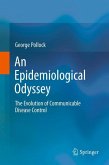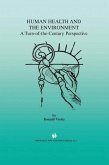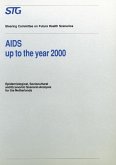In accord with its title, this book focuses on research to develop the knowledge-base for preventive medicine, which mainly is knowledge about the causal origin -etilogy, etiogenesis - of illness. It first illustrates how wanting this knowledge still is, despite much research; and it then aims to guide the reader to more productive etiogenetic research.
This book places much emphasis on the need to assure relevance by principles-guided objects design for the studies, which now remains conspicuously absent from epidemiologists' concerns. And as for methods design, this book exposes the fallacies in the still-common 'cohort' and 'case-control' studies, defines the essentials of all etiogenetic studies, and then addresses the true options for design in this framework of shared essentials.
A good deal of attention is also given to the still commonly-held, very major, twin fallacies that screening for an illness is a preventive intervention, to be studied by randomized trials, and that research on it can imply rational guidelines orrecommendations regarding decisions about the screening.
While Miettinen already is regarded as 'the father of modern epidemiology,' he now appears to have become the father also of post-modern epidemiology, where 'epidemiology' still means epidemiological research.
Albert Hofman Erasmus Medical Center, Rotterdam, The Netherlands
Dieser Download kann aus rechtlichen Gründen nur mit Rechnungsadresse in A, B, BG, CY, CZ, D, DK, EW, E, FIN, F, GR, HR, H, IRL, I, LT, L, LR, M, NL, PL, P, R, S, SLO, SK ausgeliefert werden.









